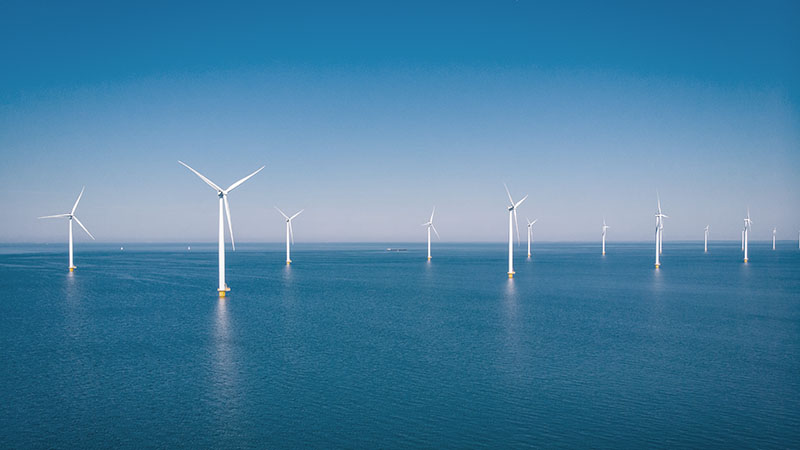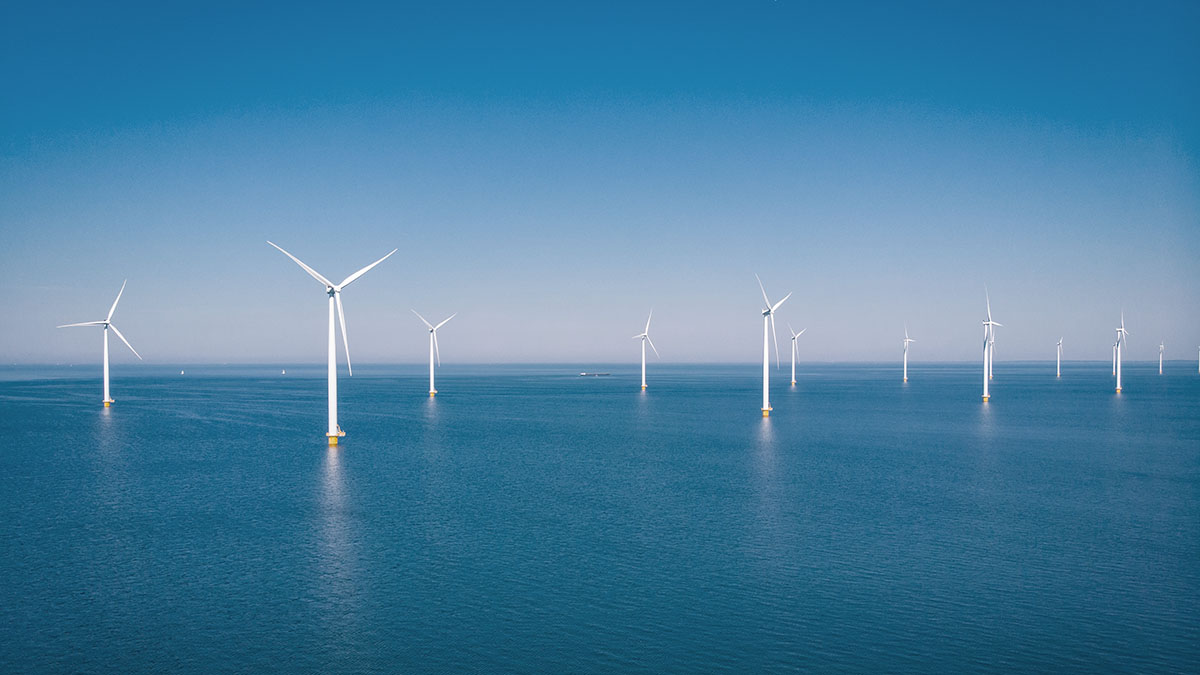The Energy Charter Treaty (ECT) is a multilateral agreement between states that applies to cross-border investments in the energy sector. The ECT provides protection for investors from one contracting state that have made an investment in another contracting state. If necessary, this investment protection may be enforced by referring any violations to be finally resolved in international arbitration.
Investor protection under the Energy Charter Treaty – pressure to adapt to a new environment




Ilona Karppinen, Teemu Auressalmi & Touko Hakahuhta
Related services

Following arbitrations where investors have sued contracting states after they have made political decisions to phase out the use of fossil fuels, the ECT has been criticised for hampering the contracting states’ endeavours to move toward greener energy. The contracting states have been preparing amendments to the ECT for several years so that the treaty could better support attempts to achieve climate objectives. The amendments were to be accepted in the Energy Charter Conference held on 22 November 2022, but due to disagreements between EU Member States, the item was withdrawn from the conference agenda at the last minute. Two days later, the European Parliament called the European Commission to begin processing a coordinated exit from the ECT.
Investment protection and arbitration under the ECT
Signed in 1994, the ECT currently has more than 50 states as parties. As is typical for investment treaties, the ECT provides for fair and equitable treatment of investments as well as protection against nationalisation, expropriation, and other comparable actions by the contracting states. The ECT is applicable to cross-border energy investments where the investors are from a different contracting state (home state) than in which the investment is being made (host state).
Investors can ultimately enforce the investment protection offered by the ECT by bringing an action against the host state in arbitration. The arbitral tribunal then issues a final and binding decision on whether the contracting state has violated the investment protection set forth in the ECT. If the arbitral tribunal deems that a breach has occurred, it may order the state to compensate the investor for incurred losses.
The ECT modernisation process to promote energy transition goals
Arbitration proceedings that have been initiated pursuant to the ECT have received increasing attention in recent years. For example, after the Netherlands introduced legislation in 2019 to phase out of coal, German energy companies RWE and Uniper, both investors in Dutch coal plants, brought actions for damages against the Netherlands based on the ECT. On the other hand, Spain and Italy have faced several damages claims after making significant amendments to their legislation on renewable energy sources.
The contracting states have been reviewing amendments to the ECT since 2017 in order to better reflect clean energy transition goals and contribute to the achievement of the objectives of the Paris Agreement without compromising the investment protection offered by the ECT.
As a result of the modernisation process, it was proposed that the ECT would be supplemented with new articles that would exclude new fossil fuel related investments from investment protection and phase out protection for the already existing investments. In addition, the modernised text would have clarified the contracting states’ right to pursue their public policy objectives, such as climate change mitigation.
Intra-EU investment treaty claims under the ECT
Lately, there has also been an ongoing debate on whether the investor–state dispute settlement mechanism under the ECT is applicable to intra-EU disputes. On 2 September 2021, the Court of Justice of the European Union (CJEU) held in Moldova v. Komstroy LLC (C-741/19) that investor–state arbitration under the ECT was contrary to EU law and thus inapplicable to disputes between an EU Member State and an investor of another EU Member State. However, not all arbitral tribunals have fully endorsed the position of the CJEU. The jurisdiction of arbitral tribunals is based on the ECT, which is an instrument of international law, and some tribunals have thus deemed that EU law should not take precedence over the ECT.
In the modernisation process of the ECT, this debate was resolved by proposing that an investor from one contracting state could not bring actions against another contracting state if both states are part of the same regional economic integration organisation (REIO). If accepted, this proposal would mark the end to intra-EU investment disputes based on the ECT.
The future of the ECT
The proposal for the modernised ECT was to be accepted in the Energy Charter Conference held on 22 November 2022. However, since the EU Member States were not able to establish a common position on the proposed treaty text, the EU requested the removal of the ECT amendments from the conference agenda just some days prior to the conference. Thus, the outcome of the modernisation process remains open, and it is unclear whether the proposed amendments in their current form will be later brought to the Energy Charter Conference. The next conference is to be held in April 2023.
Following the discussion over the ECT, several EU Member States (France, Germany, Poland, the Netherlands, Spain, Belgium, Slovenia and Luxembourg) have recently indicated their intention to withdraw from the ECT. Notably, the European Parliament also urged the European Commission to initiate a process towards a coordinated exit of the EU from the ECT in its resolution adopted on 24 November 2022.
However, investors should keep in mind that the ECT includes a one-year notice period. In addition, the provisions of the ECT continue to apply to existing investments for 20 years after the withdrawal by a state from the treaty takes effect (the so-called sunset clause). In other words, the ECT protects existing investments at least for 21 years after a state’s official notification of withdrawal.
It remains to be seen whether the states that potentially withdraw from the ECT will seek to contest the applicability of the sunset clause if claims are brought against them based on the ECT. Additionally, there has been speculation whether the states withdrawing from the ECT could mutually agree that the sunset clause would not be applied between the states in question. In its resolution of 24 November 2022, the European Parliament particularly urged the Commission and EU Member States to prepare an agreement excluding the application of the sunset clause between willing contracting parties.
In accordance with international law, the sunset clause can be disregarded only in exceptional circumstances. The Energy Charter Secretariat pointed this out in a news article that it published only a few weeks before the Energy Charter Conference on 22 November 2022 where the modernisation of the ECT was originally to be decided.
Even though the investment protection continues for a relatively long time in the event of a state’s withdrawal, it is clear that the current situation creates uncertainty for investors in the energy industry. However, unless any new agreement is reached, the sunset clause of the ECT offers longer protection for investments than the phasing-out of the investment protection included in the proposed modernised articles of the ECT.
















